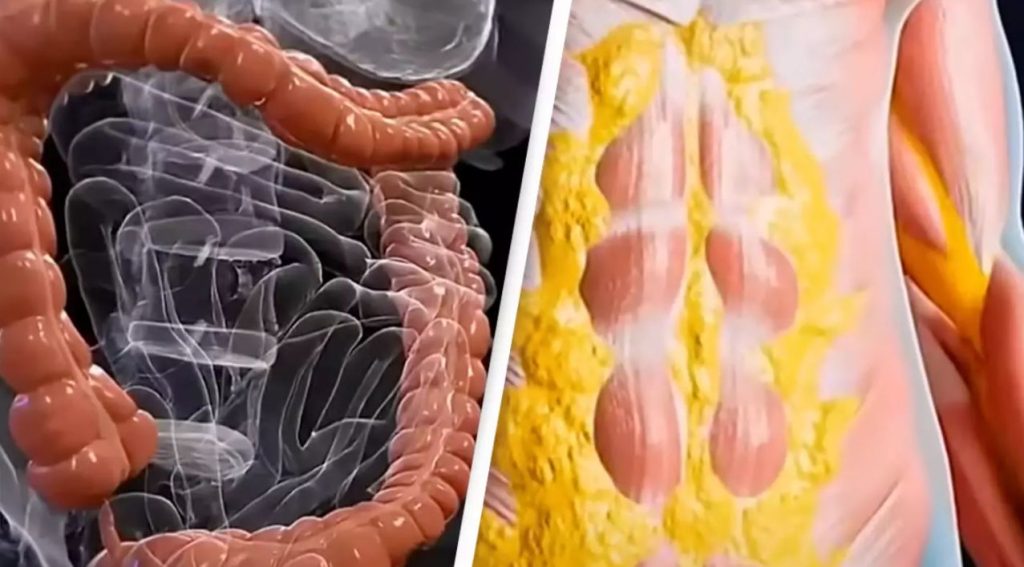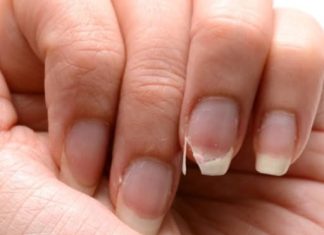A shocking stimulation created by the YouTube channel @Health_and_Fitness-w7g—provides a breakdown of what happens during a 7‑day complete fast (no food, only water). Find out more in the article below.
Days 1–2: Burning Through Fuel Reserves
During days one and two, your body exhausts its carbohydrate (glycogen) stores from your last meal. As glucose becomes depleted, the hunger hormone ghrelin spikes, leading to pronounced hunger pangs. Energy production transitions from carbs to fats. Between 48–72 hours, growth hormone increases—which helps slow muscle breakdown—and the body initiates gluconeogenesis to maintain a steady glucose supply for the brain.

Days 3–4: Fat Burning and Cellular Cleanup
By days three to four, the simulation shows glycogen stores are gone, triggering a metabolic switch to fat-burning and production of ketone bodies to fuel the brain. Around this time, autophagy—the cell’s self-cleaning mechanism—begins, eliminating damaged proteins and organelles. This process may bring benefits like reduced inflammation, improved insulin sensitivity, and enhanced mental focus.
Days 5–7: Peak Autophagy and Muscle Loss Risk
From day five onward, autophagy reportedly peaks, providing a deeper cellular regeneration—it’s what the video calls a “true healing” phase. However, by days five to seven, the lack of dietary protein causes muscle breakdown to accelerate. The body begins using lean tissue for energy in the absence of nutrients. Physical strength, stamina, and cognitive function may decline as the fast continues.
What Clinical Studies Say
Evidence from controlled clinical research aligns with parts of the simulation:
- A Nature Metabolism trial showed that after 7 days of water‑only fasting, subjects lost ~12 lbs (5.7 kg), mostly fat. Remarkably, while lean mass rebounded post‑fast, fat loss persisted.
- Researchers also observed restructuring of proteins in brain-supporting neurons—suggesting potential neurological benefits
However, the study warned of electrolyte imbalances, nutrient deficiencies, and recommended medical supervision due to risks .
Potential Benefits vs. Serious Risks
Benefits
- Fat loss & metabolic flexibility: The body adapts to burning fat via ketones.
- Cellular repair: Autophagy may aid in clearing damaged cells.
- Improved insulin sensitivity & inflammation reduction possible
Risks
- Muscle wasting: Prolonged fasting depletes lean mass
- Electrolyte imbalance & refeeding syndrome if not carefully managed
- Gallstones, dizziness, low mood, fatigue, nutrient deficiency—common side effects
- Immune system suppression and digestive issues potentially arise in severe fasting
Medical experts warn that much research is preliminary, with many findings derived from animal studies or small human trials.
Safety First: What to Know
To minimize risks:
- Stay hydrated—drink plenty of water.
- Monitor electrolytes, and consider medical supervision for fasts longer than 48 hours
- Refeed cautiously after the fast to avoid shock to the system
- Consult a doctor first—especially if pregnant, diabetic, or dealing with chronic illness .

In Summary
Extended fasting over seven days triggers a profound metabolic shift: from glycogen to fat-burning, entering autophagy, and finally risking muscle loss and nutrient imbalances. Controlled studies confirm fat loss and upregulated cellular processes, but they also highlight dangers like depleted electrolytes, digestive issues, and suppressed immunity. While potential benefits are promising—such as improved metabolic health and cellular regeneration—they aren’t guaranteed or risk-free. Anyone considering such a fast should approach it cautiously, ideally under medical supervision, and with a well-planned refeeding strategy.

















